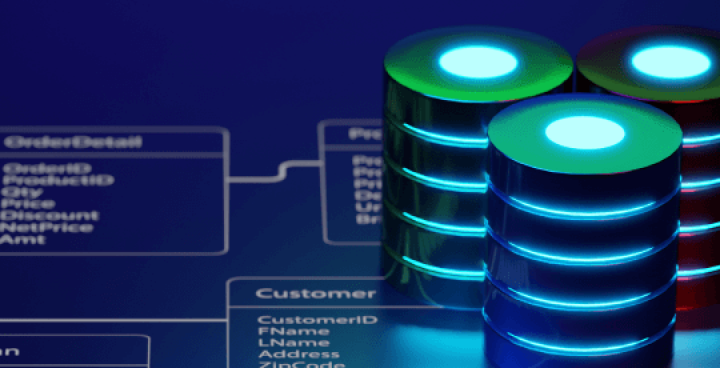Databases are a key tool for many organizations and businesses in today's world to store and manage large amounts of information. They are commonly used in a variety of fields from medicine to retail. In this article, we will discuss the advantages and disadvantages of databases and the most popular databases available in the market.
Advantages of databases
Easy access to information: With databases, users can easily view and access the information they need, without having to search through multiple documents.
Improved organization: Databases provide an orderly and consistent organization of data, which facilitates information management and minimizes human error.
Performance: The databases are optimized for performance and allow fast access to large amounts of data.
Data security: Databases provide secure storage of information, which is especially important in the case of sensitive data such as medical or financial data.
Easy to scale: Databases can be easily scaled to meet the needs of a growing number of users or volumes of data.
Database flaws
Costs: Databases require investment in infrastructure, licensing and personnel, which can be costly for smaller businesses.
Complexity: Databases are complex and require specialized knowledge and experience, which can be challenging for some users.
Risk of failure: In the event of a database system failure, users may lose access to important information, which can cause serious problems for the organization.
Need to update: Databases need regular updates to ensure performance and security.
Requirement to comply with the rules: Databases are subject to various rules and regulations, which require compliance with certain rules and procedures.
Most popular databases
Oracle Database - it is one of the most popular databases in the world, used by large enterprises. Oracle Database offers a wide range of features including performance, scalability and security.
MySQL - is a popular, free and open-source database that is widely used in web applications and other systems.
Microsoft SQL Server - is a relational database management system developed by Microsoft. SQL Server offers advanced features such as analytics, reporting, and security.
PostgreSQL - is a free and open-source database that offers advanced features including scalability, performance and security.
MongoDB - is a popular NoSQL database that allows you to store data in a document format. MongoDB offers flexibility and scalability, and allows you to work with data in real time.
IBM DB2 - is a relational database management system developed by IBM. DB2 offers a wide range of features such as analytics, performance and security.
MariaDB - is a free and open-source database that is a fork of MySQL. MariaDB offers performance and scalability as well as security fixes and functionality improvements.
SQLite - is a small, lightweight and free database that is often used in mobile and web applications. SQLite offers simple features but is easy to use and provides stability.
Amazon Relational Database Service (RDS) - is an Amazon Web Services (AWS) cloud database management service. RDS supports various database engines, including MySQL, PostgreSQL, Oracle, and Microsoft SQL Server.
Cassandra - is a popular NoSQL database that allows you to store and process large amounts of data in real time. Cassandra offers scalability and performance as well as fault tolerance.
Databases are essential for many organizations and businesses in today's world, allowing them to store and manage large amounts of information. There are many types of databases that offer different functions and features. Choosing the right database depends on your organization's needs and requirements, and available resources.

